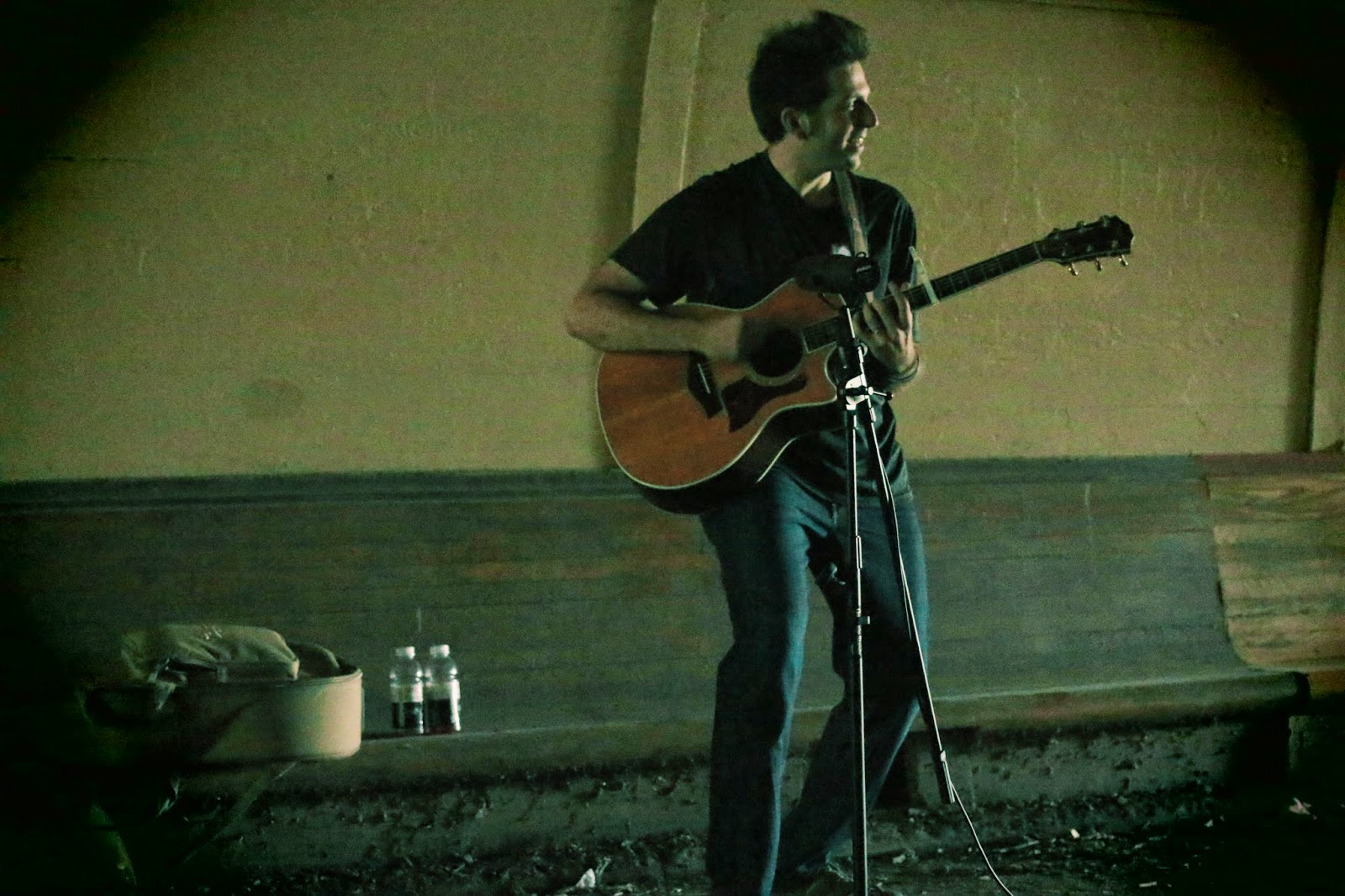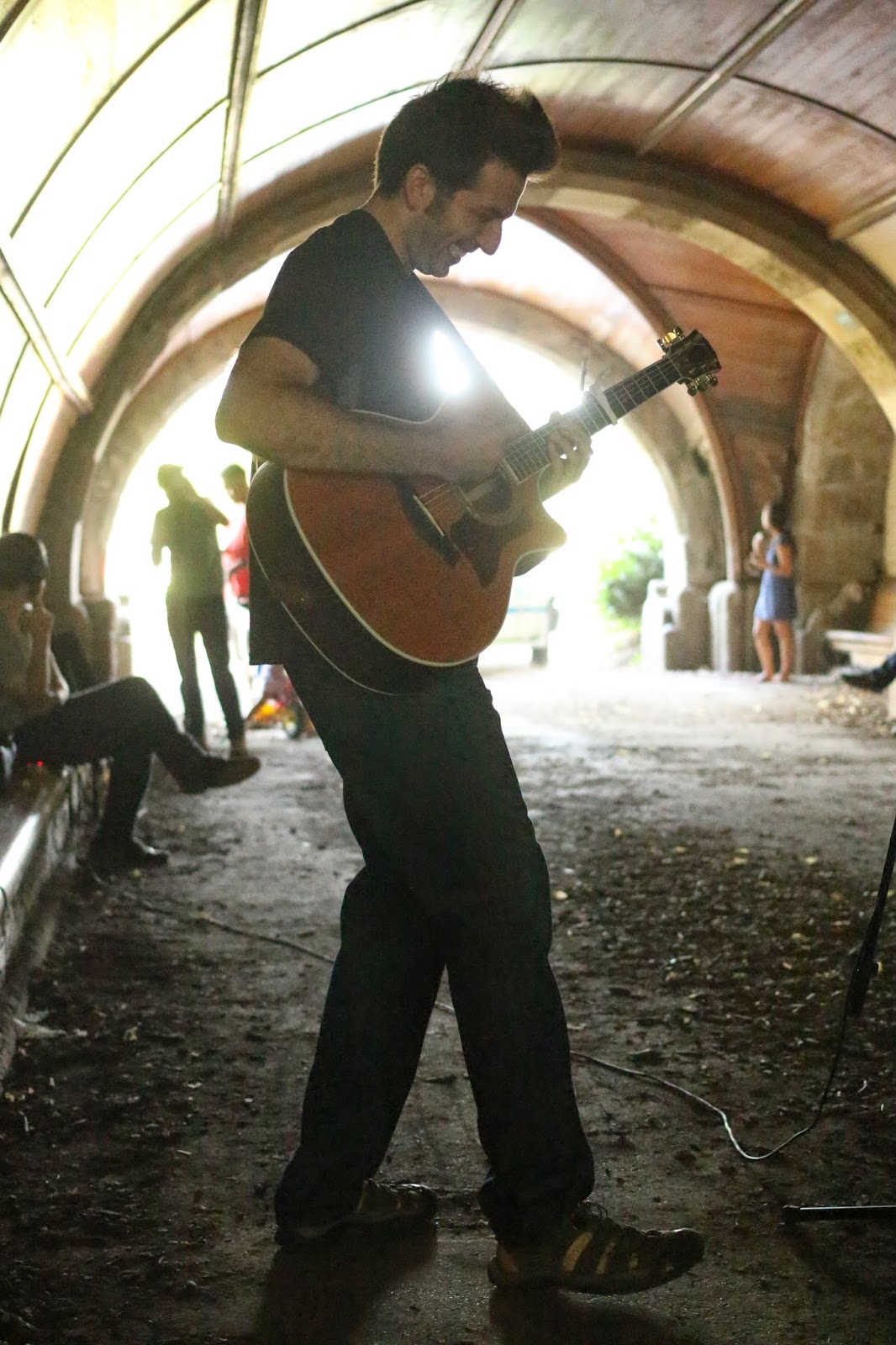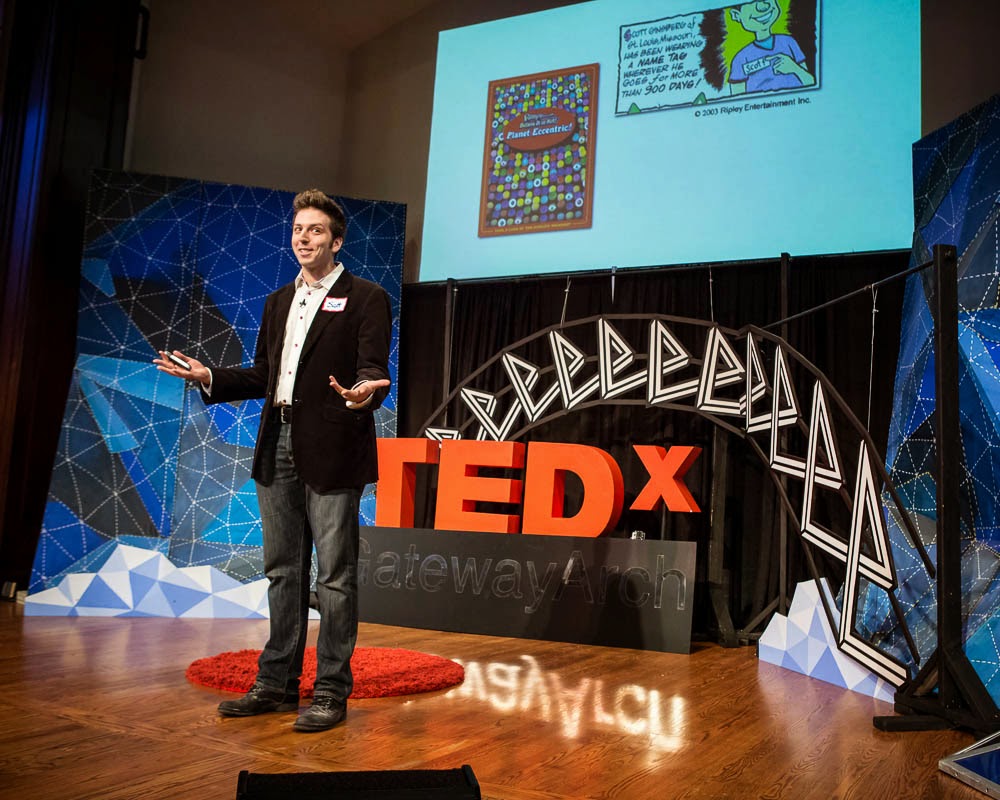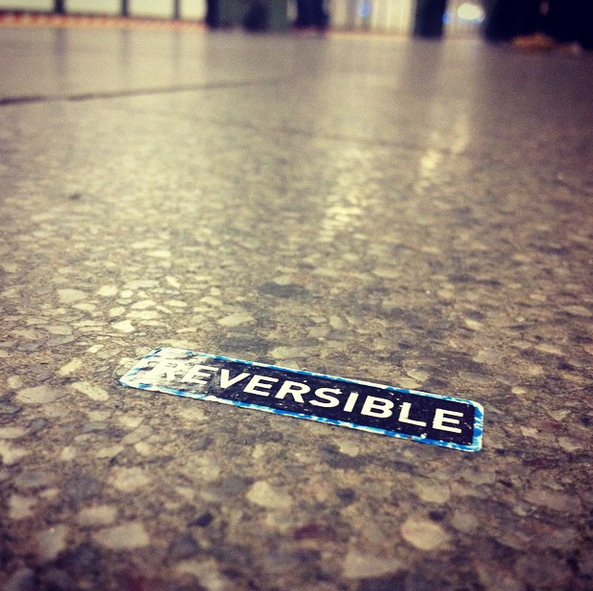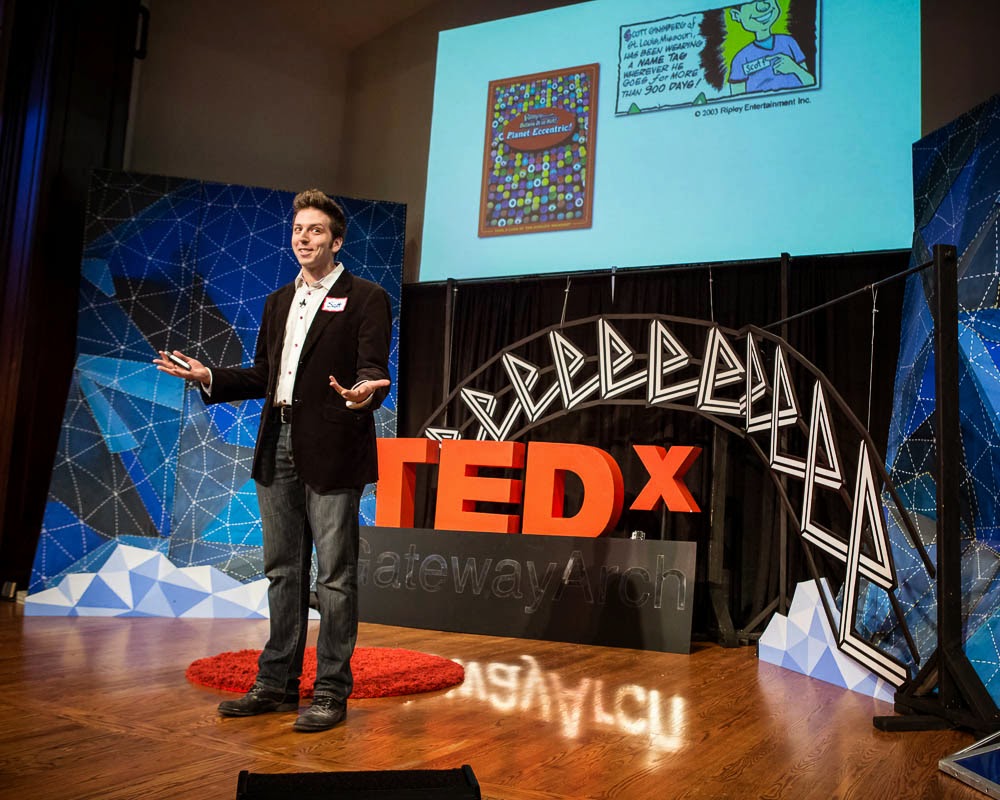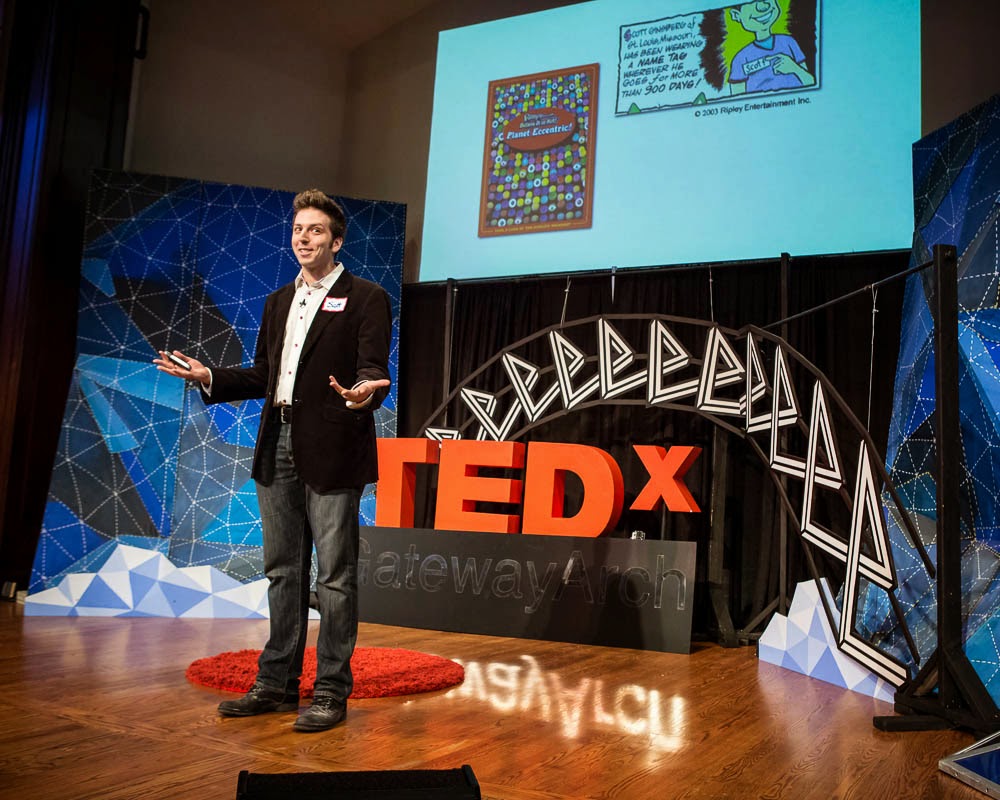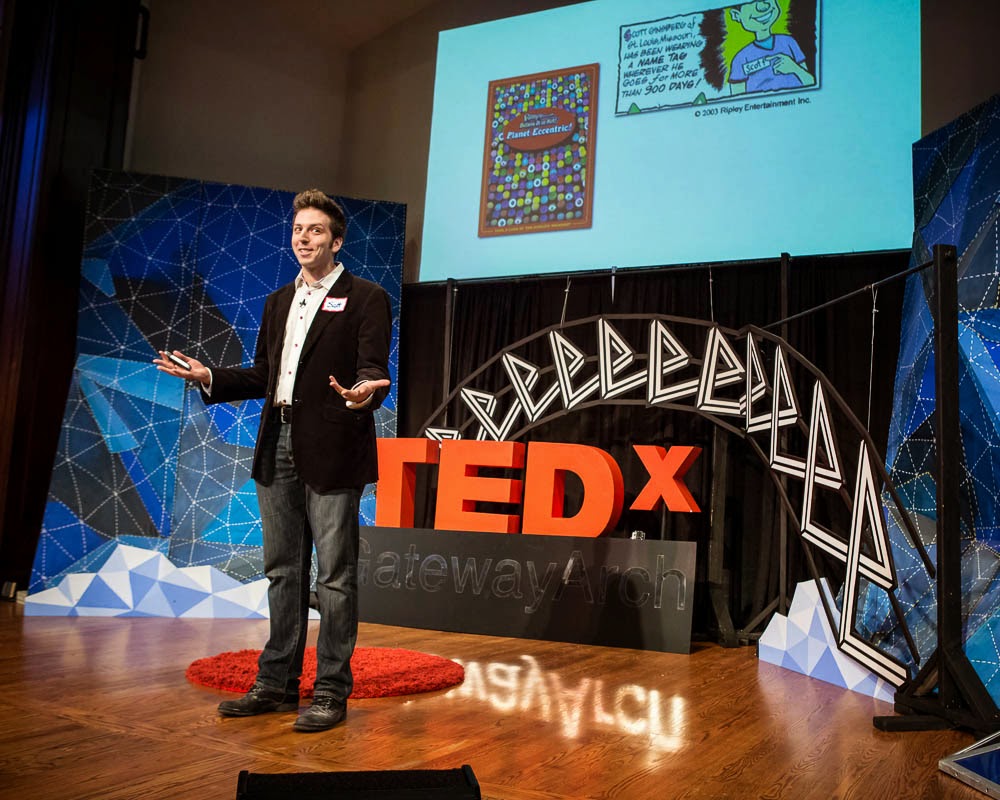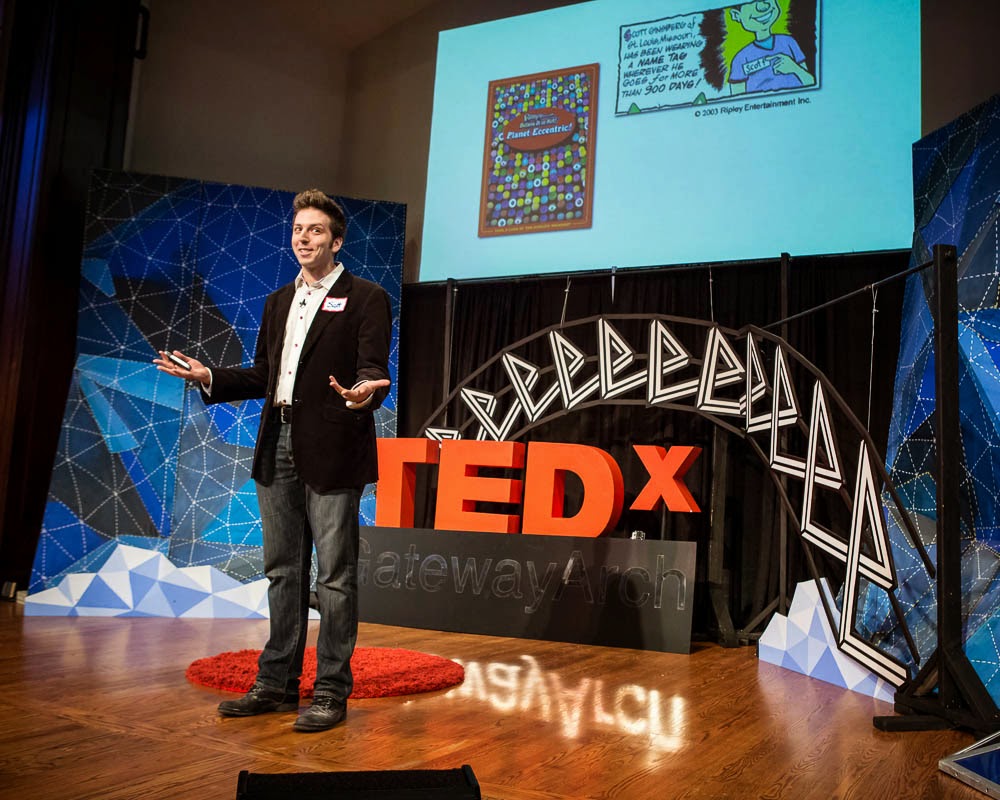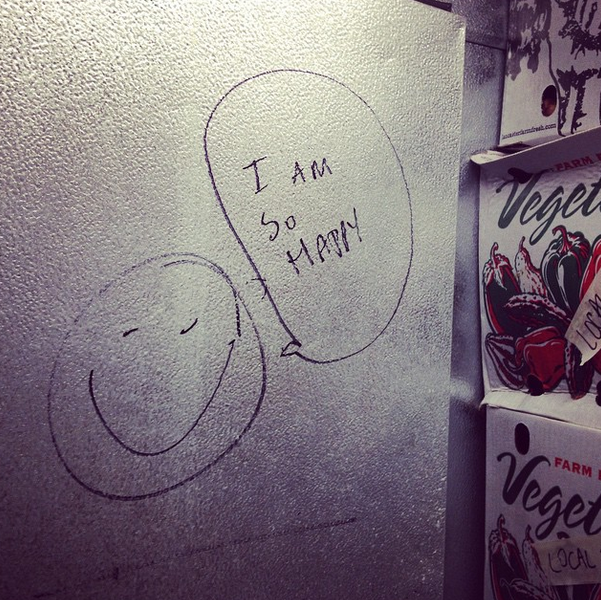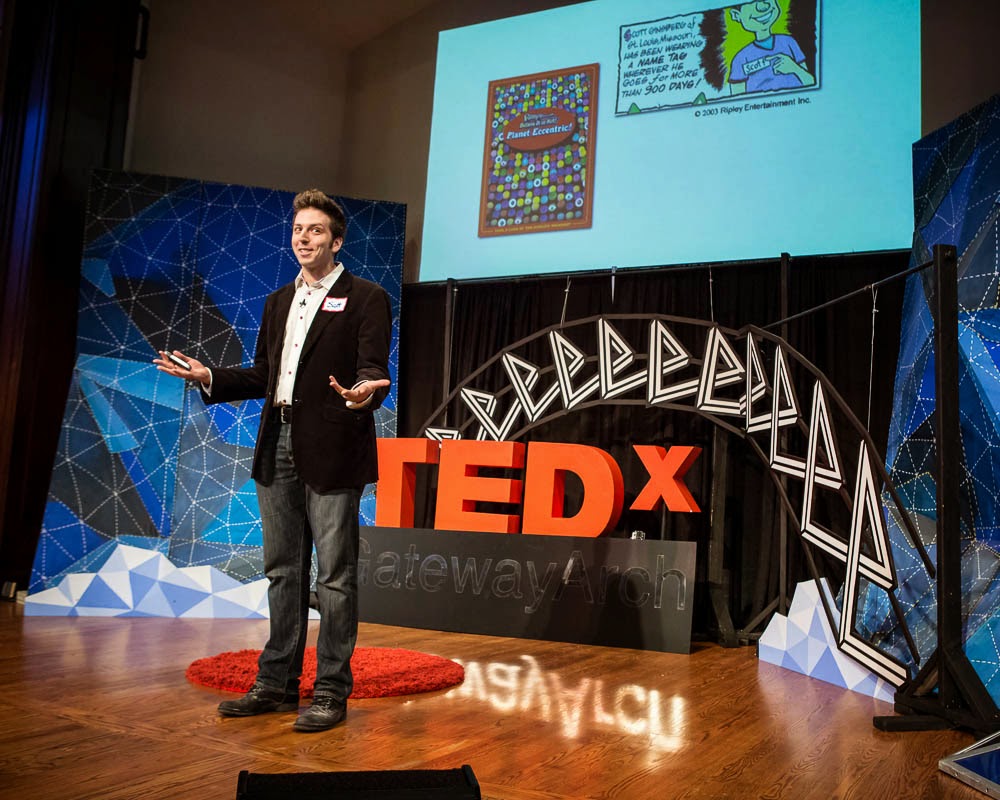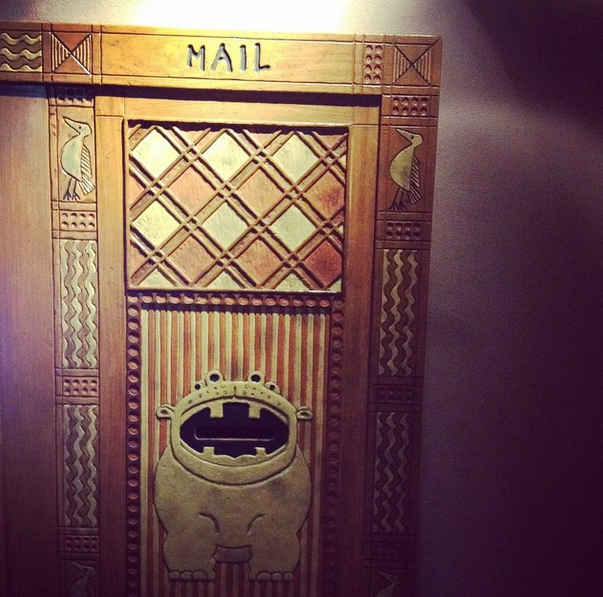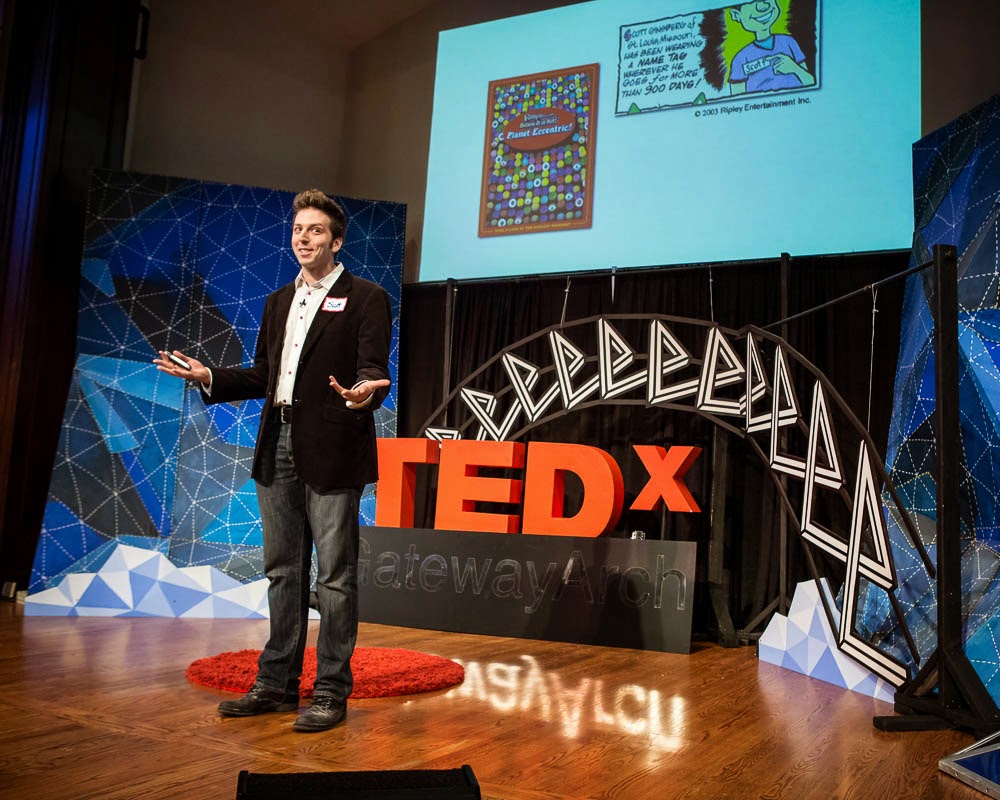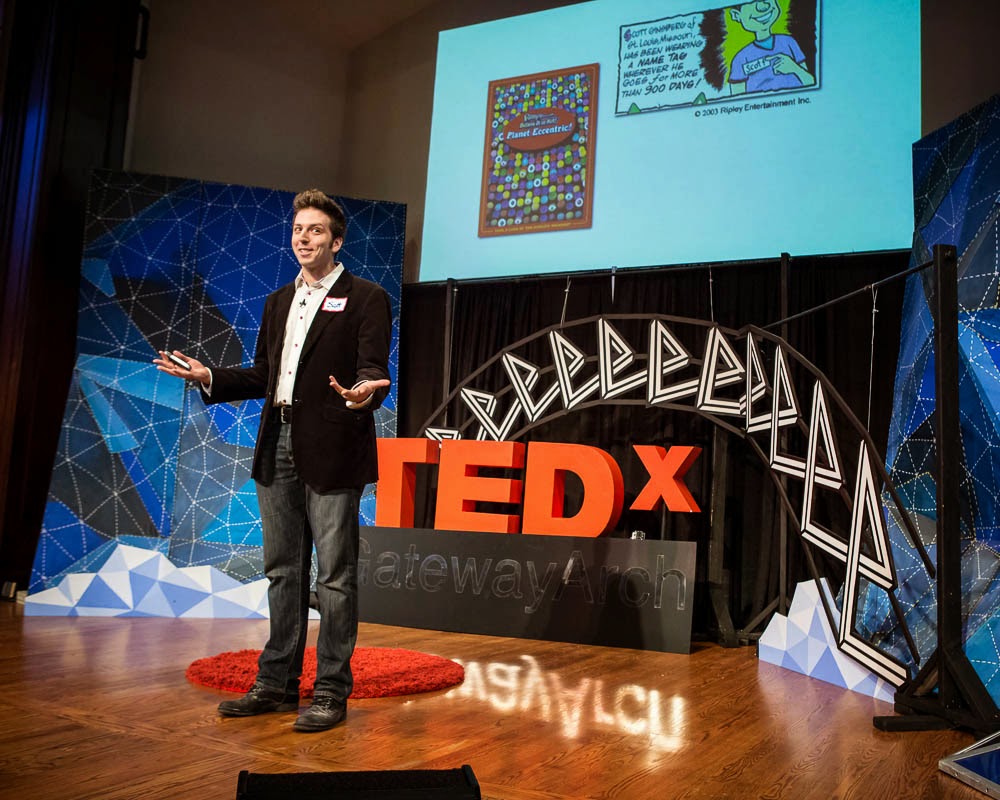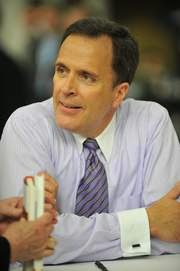
Mark Sanborn has had a huge influence on my thinking over the years.
From audio programs to books to live presentations to hallway chats to email conversations, I’ve accumulated pages and pages of notes with his insights and wisdom. In fact, he jokes that I should travel around with him as his official note taker.
Count me in.
What’s inspiring is, several few of his concepts have served as moments of conception for my own work. With the utterance of a simple sentence, his ideas have sent my brain off to the creative races.
And so, as a thank you to my friend and colleague and mentor, this blog post will share things:
1. Mark’s original insight.
2. My own writing inspired by it.
3. Mark’s additional thoughts on the subject.
Think of them as The Sanborn Sandwiches. Enjoy!
1. Get them to sample your wares.
Mark said this in a speech I listened to on a cassette tape
Here’s what I wrote on the subject my book, Writing is the Basis of All Wealth:
Give away your talent to the market until they’re ready to pay for it. You can’t sit around waiting for your big break. You’ve got to learn how to manufacture your own big breaks by making yourself more breakable. I know you’re hesitant to give it away. I know you need money. But the world must sample your wares. Otherwise you’ll be waiting so long that you won’t feel like hustling anymore. Personally, I’d rather work for free for a little while than not work at all. Why are you waiting to get paid doing something you love?
Here’s what Mark had to say about this insight today:
People rarely buy anything on the promise of value; they prefer to buy on the proof of value. If you can write a blog that blows the reader’s mind with powerful insights, he or she is much more likely to buy your book or pay to attend a seminar. Bad advertising says, “This is great.” Good advertising lets you sample the product and you say, “This is great.” On my first visit to a local candy store, I had planned “just to look” (in itself a bad strategy). Once inside I was offered a free chocolate which was quite delicious. I soon learned about something called “social reciprocity:” when someone does something nice for you, you feel the urge to reciprocate. In this case I didn’t feel right without buying something before leaving the store. A free chocolate turned into the purchase of an entire box. The lesson? “Let ‘em taste the candy.”
2. Trap your mind into doing its own thinking.
Mark said this in a speech I listened to on a cassette tape
Here’s what I wrote on the subject my case study, Moments of Conception:
Television is the polar opposite of creativity. It’s leading someone else’s life for a short period of time. And yet, millions people live this way. They spend thirty four hours a week thinking other people’s thoughts, walking through someone else’s museum. Meanwhile, recent research reports that the number of non book readers has nearly tripled since the late seventies. This isn’t healthy for our brains. My mentor once said that the purpose of books was to trap your mind into doing its own thinking. But nobody seems to care anymore. Too many shows in the queue. And my fear is that we’ve literally become zombies. We’ve forgotten how to think our own thoughts. Are you joining the playing field of creation or the smorgasbord of consumption?
Here’s what Mark had to say about this insight today:
My favorite sculpture is Rodin’s “The Thinker” (which he originally called “The Poet.”). Most have viewed it many times as I did without noticing something critically important: The Thinker’s right elbow that supports his chin rests on his left knee. Try it. It is very awkward if not a downright uncomfortable position. Rodin’s message was that thinking is hard, and done right it requires effort. He isn’t just saying it is important to think. He’s making the case for how difficult it can be to trap your mind into doing its own thinking. Good thinking done right isn’t easy. The easy path is to accept news reports, social media posts and political claims without doing any investigation or consideration. Just because a famous person espouses a point of view doesn’t make it any more or less credible. Without doing your own thinking, you’re volunteering to become an intellectual lemming.
3. Get people to delegate certain chunks of their thinking to you
Mark said this during a live presentation I once attended.
Here’s what I wrote on the subject my book, Let Me Suggest This:
The need for attention is not a low impulse. As a performer, I am not afraid to admit that I demand an audience. When it comes to my readers, viewers, listeners or attendees, the intention is clear: I want you to miss me in your past. I want you to regret not meeting me sooner in your life. And I want you to develop a crush on me that you can’t quite explain. I want you to believe you’re watching a brain working. I want you to see that I am possessed. And I want you to delegate certain chunks of you thinking to me. I want you to get used to me. I want to become a regular part of your daily world. And I want you to make time in your busy life to visit the world I’ve created. That way, for the rest of my career, you’ll give anything I do a shot.
Here’s what Mark had to say about this insight today:
This might seem contrary to the previous comment, but it isn’t. We all delegate parts of our lives where we lack expertise to those we believe have specialized expertise. Nobody can be an expert in all things. I use an investment advisor because despite my knowledge and best efforts, I don’t have the time necessary to prudently manage my investments on my own. My clients are busy running organizations. They don’t have as much time as they’d like to think about their efforts; they are too busy leading. Thinking about leadership is my job. I study, draw from experience as a practitioner and then boil down my ideas into useful bite size pieces I can share in my books, speeches and advising. That doesn’t mean that leaders shouldn’t “do their own thinking,” but rather than I can be a resource when it comes to thinking about how to lead and lead better.
4. If I don’t do what I do really good some day I may not get to do it.
Mark said this during a seminar I coordinated for my local association.
Here’s what I wrote on the subject in my curriculum, The Prolific Framework:
One of the chief reasons we make art in the first place is to earn the opportunity to do the work again. To keep the gift in motion. Yes, the prize money is helpful and important and validating, and any artist is grateful to get paid what they’re worth. But the real currency, the motivation for returning to the studio, is the next performance. The chance to do what you do again. It’s the distinction between the market economy and the gift economy. Hyde’s groundbreaking research on this subject found that giving the first creation away is what makes the second one possible. Bestowal creates that energy place into which new energy may flow. And as long as the gift is not withheld, the creative spirit will remain a stranger to the economics of scarcity. Every creator experiences that transaction. That moment on stage when they realize, okay, if I don’t keep doing what I do really well, someday I may not get to do it anymore. Talk about motivation. What birthright gifts have you been dragged away from?
Here’s what Mark had to say about this insight today:
We are as good as our last performance. What you do each day in your work is your report card. It isn’t enough to be occasionally good; you need to be consistently good if not great in your chosen profession or you could be passed over for the next opportunity. Worse, you might lose the opportunity to do what you’ve been doing if someone can do it better. I believe in something I call “positive discontent:” be proud of your accomplishments, but don’t become too content with them. Resting on past achievements won’t keep you growing and moving upward in the present. Complacency keeps you from staying competitive. Be proud, but never become content.
5. We’re never alone in the world unless we want to be.
Mark said this on stage at a conference at which we were both presenting.
Here’s what I wrote on the subject in my blog:
It’s hard to be creative alone. First, without people to bounce our ideas off of, it’s like playing basketball without a backboard. Hitting nothing but net is hard to do every time. Second, when working in isolation, out of context, trapped in our own head, there’s only so much perspective we can bring to our work. Third, without a strong sense of we, without a real connection to the human family, we can’t access the full potential of networked knowledge. Fourth, without access to each other, without regular exposure to other ways of being, our work remains myopic and untextured. Fifth, without collaborating with and enlisting support from others, executing broader projects is a futile endeavor. The upside is, we are never alone in this world unless we want to be. Sometimes all we have to do is extend our arm. Which is hard. It makes us vulnerable and out of control. And it forces us to depend on someone beside ourselves. But anything worthwhile depends on other members of our species. Who do you play ball with?
Here’s what Mark had to say about this insight today:
Connecting is as easy as it has ever been. The potential for connection is all around us. It is as simple as making a phone call, starting a conversation or posting on social media. At the same time it is easier than ever for others to try to connect with us, whether we want them to or not. The best prediction I ever made (and since it has proven true, I like to remind folks I made it) was in 1993 when I said someday we’d pay to disconnect and disengage, to keep people and technology from being able to connect with us. Today there are software programs we can program to do just that: build a barrier to access (or if you were a Get Smart fan, a virtual “cone of silence”). One of the real tricks of life is balancing connection with aloneness. Being lonely isn’t a positive emotion. But aloneness is necessary for a number of reasons: deep reflection and renewal being primary. The ratio of connection to disconnection varies for everyone. Not everyone strategically chooses when to engage (to learn, collaborate, and build relationship) and when to chose being alone. But it is important decision for a life well lived.
Thanks for the inspiration Mark!
LET ME ASK YA THIS…
Whose writing has affected your thinking?
LET ME SUGGEST THIS…
For a copy of the list called, “24 Ways to Out Grow Your Competition,” send an email to me, and you win the list for free!
* * * *
Scott Ginsberg
That Guy with the Nametag
Author. Speaker. Strategist. Filmmaker. Publisher. Songwriter.
[email protected]
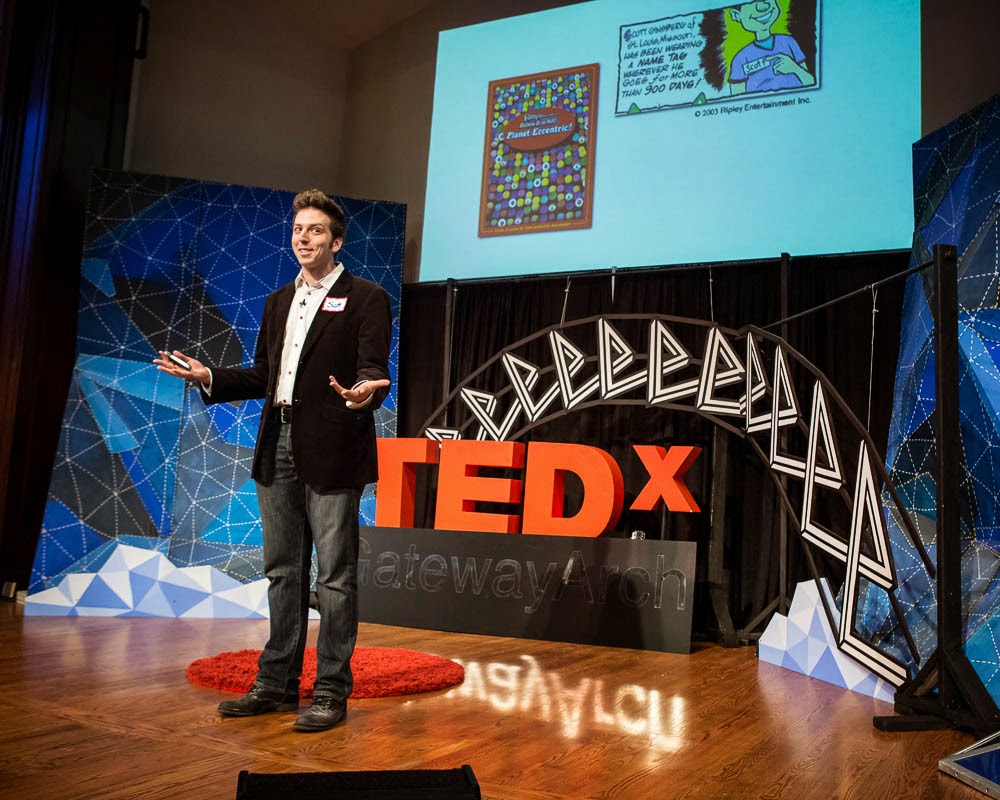
Never the same speech twice. Customized for your audience. Impossible to walk away uninspired.
Now booking for 2015-2016.
Email to inquire about fees and availability. Watch clips of The Nametag Guy in action here!
